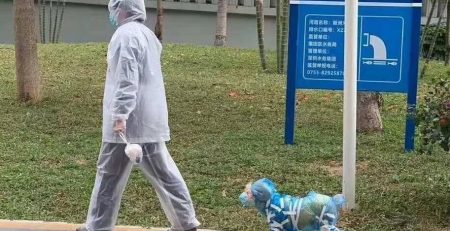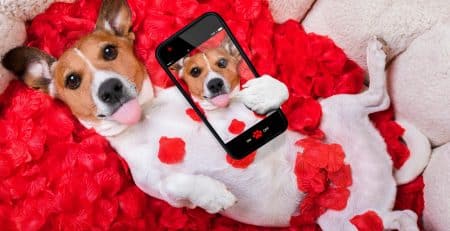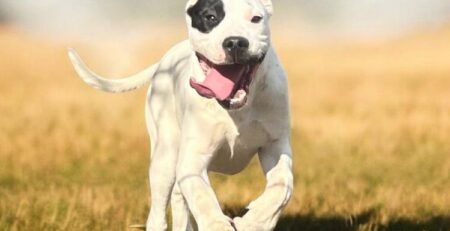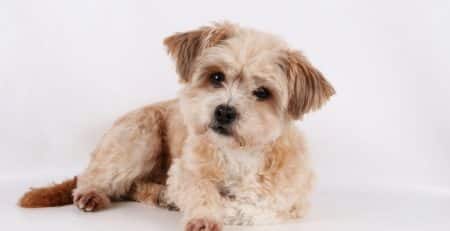What to buy before your dog arrives
You’ve met the pups, chosen your favourite, and signed all the paperwork. Your puppy is soon on the way home. Now it’s time to get everything ready for your new pet. But what do you need to buy? A new dog means a lot of shopping: everything from food to bowls! We’ve put together a list of the most essential things to buy for your new dog, as well as some optional extras that could prove useful.
Food
Puppies eat little and often, though as they grow up they will eat bigger portions but less frequently. Ask your breeder what they usually feed the puppy, or ask your vet to recommend a good quality puppy food. Three meals a day is probably enough, but make sure your puppy always has access to water.
Optional: dog treats. You can buy these at a pet supply shop, or use small pieces of cooked lean meat (poultry is good, so long as you don’t feed bones). Treats can be useful when training your puppy, but don’t give too many or your puppy may start to get fat.
Food and Water Bowls
Your puppy will need bowls for food and water. You can buy dog bowls at a pet shop, but you can use household ceramic, metal, or plastic bowls if you prefer. The advantage of bowls specifically made for dogs is that they tend to be heavy, to stop the dog from knocking them over, and often have rubber at the bottom to prevent them from sliding.
Another advantage of going to the pet shop is that you can get specialist bowls; for example, dogs with long floppy ears (such as Spaniels) need a tall bowl so that their ears don’t get messy when they go to eat or drink.
Collar and Leash
You can introduce the collar and leash slowly. Some puppies are initially nervous of the feeling, so it’s best to let them wear the collar for short periods of time. When your puppy starts going for walks, you’ll need a leash for safety, as an excited or fearful puppy may run off!
It’s important to get an ID tag for the collar. Although most dogs are micro-chipped, an ID tag will make it easier for you to be reunited with your puppy. You can get an engraved metal tag, or make a simple tag from a plastic keychain, and attach it to your puppy’s collar.
Optional: a harness. Some dogs walk better in a harness, so it may be worth investing in one.
Toys
Puppies love to play. Having toys will stop them playing with things they shouldn’t (like your nice new shoes). You don’t need to buy many toys to start with. Good toys included soft toys, squeaky toys, and balls. You can also get toys that will exercise your puppy’s brain, such as treat balls or Kongs.
Bed or blanket
Your puppy needs somewhere comfy to sleep or relax, and a dog bed or blanket is perfect. Having a specific bed or blanket for your dog is ideal, as it can be easily washed or cleaned. Choose a bed or blanket that can easily be washed. You might want to get a cheaper blanket in the beginning, as young puppies can be destructive and will think that shredding their bed is a fun game!
Grooming supplies
The amount of grooming supplies you’ll need depends on your dog. Some breeds need daily brushing to remove tangles, but others will be able to groom themselves. A simple dog brush and comb is enough for most dogs, and perhaps a pair of nail clippers. If your needs more thorough grooming, it’s best to contact a professional dog groomer. All dog owners should have a bottle of dog shampoo in their arsenal, as you never know when your beloved pooch will find something smelly to roll in!
Crate
Although not essential, a crate can be very useful for dog owners. Your dog’s crate is like their den: a comfy place where they can feel safe and relaxed. Crate training can also be very helpful in house training young puppies.
If you choose to invest in a crate, make sure it’s big enough for your puppy. You may need to invest in a larger crate as your dog grows larger, or you can buy a large crate for your puppy to “grow into”. For more information, see New Doggy’s Crate Training blog.
Baby gate
This is another non-essential but highly useful supply, especially for young puppies. You can use baby gates to confine a puppy to a particular area, or to keep them away from certain places. You can also use wire playpens specially designed for puppies. Playpens are more flexible than baby gates, as they can be arranged in any shape or size you need.






















